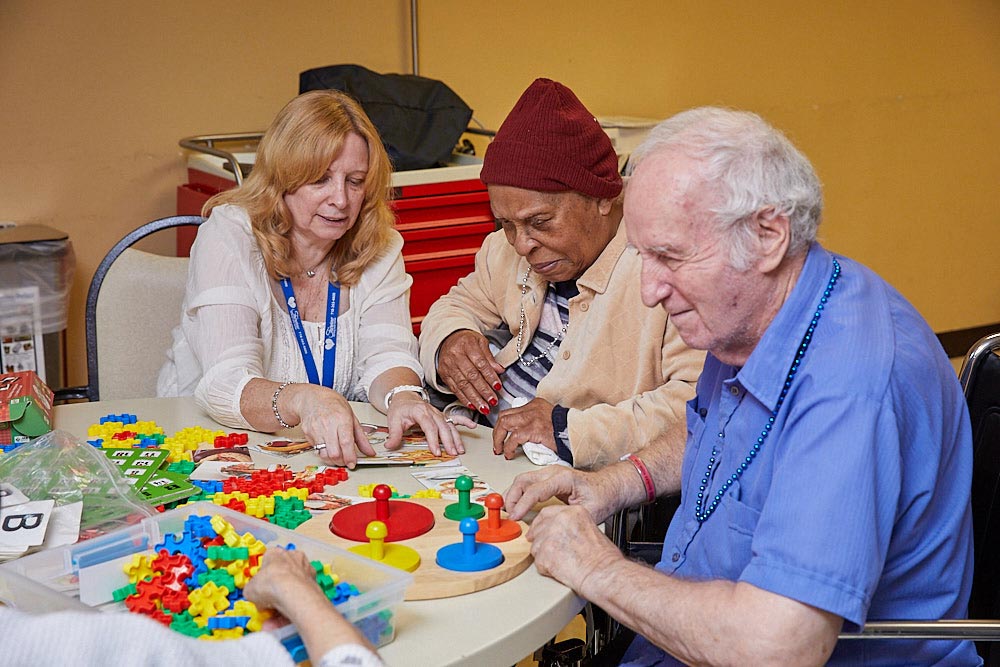Your Untreated Mental Illness May Get Worse – Find Out Why
Medical professionals estimate that 1 in 5 people suffer from mental illness. These issues usually begin earlier in life, though they can also affect those who’ve reached adulthood. Though cognitive therapy and treatment can help control your symptoms, not everyone seeks this option. The reasons for untreated mental illness vary, so there is no set solution to this problem.
Some people don’t seek treatment due to embarrassment, or the public stigma. The inability to find the right therapist or the side effects of medications can also result in untreated mental illness. This can have consequences that you may not expect, which we’ll discuss below.
Remember, this information is for educational purposes only, so speak with a medical professional about any concerns you may have.

What Happens if a Mental Illness Goes Untreated?
There are many different types of mental health disorders, including depression, anxiety, addiction, and schizophrenia. Though these disorders can affect you differently, the results of leaving these mental illnesses untreated can be similar. They can affect your thoughts, behaviors, and emotions. These issues will become more pronounced the longer you leave them untreated.
Worsened physical health
One aspect of untreated mental illness can be worsened physical health. This seems surprising since mental health issues are usually associated with the brain. What most people don’t realize is that your body bears much of the burden in these situations.
For instance, anxiety can lead to tense muscles and the more you clench them, the worse the results. As well as muscle pain, this can lead to headaches. The more often your body deals with such aches and pains, the more it suffers. Chronic pain and serious injuries could be the result, making it much more difficult for your mental health to recover.
Your muscles aren’t the only parts of your body to suffer from untreated mental illness. When mental health is neglected, physical health suffers. There may be a lack of nutritional concerns or exercise, which could lead to obesity.
Issues like chronic stress can also lead to a variety of internal issues. These can include gastrointestinal distress, obesity, strokes, or heart attacks. Diabetics with depression may neglect to check their blood sugar levels, which can lead to a variety of health issues.
Worsened mental issues
As well as physical health issues, there can also be worsening mental health conditions. The longer your issue goes untreated, the worse it will get. For instance, those with untreated anxiety may have more frequent and more severe panic attacks over time. Untreated trauma can cause post-traumatic stress disorder.
Untreated mental illness can also affect your daily life. Those with severe depression may find it difficult to get out of bed. This can result in a loss of employment, which can affect you financially.
In the worst cases, you may also lose your home and loved ones due to neglect. In fact, it is estimated that a third of homeless people are suffering from some form of mental illness.
There could also be communication issues with mental health conditions like anxiety or PTSD. This can lead to feelings of isolation from friends and family, which can exacerbate the issues you’re already dealing with. Eventually, your judgment could become clouded enough to consider suicide rather than treatment as a way out.
This article is for educational and informational purpose only and does not substitute for professional medical advice. For any questions about your own health condition, speak to a qualified physician or healthcare provider.







Leave A Comment